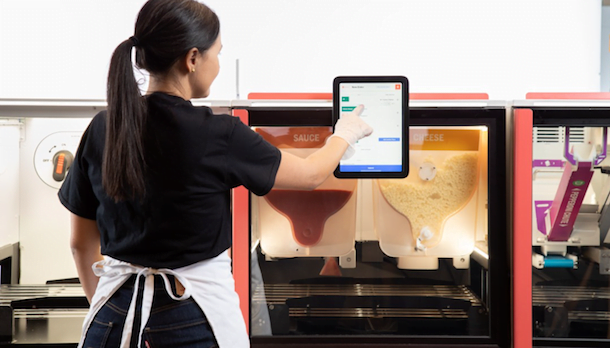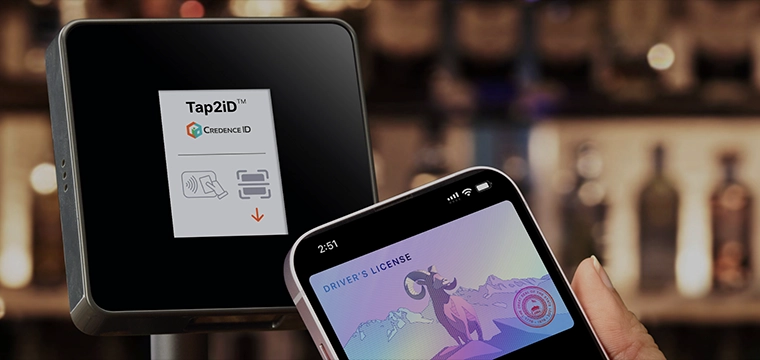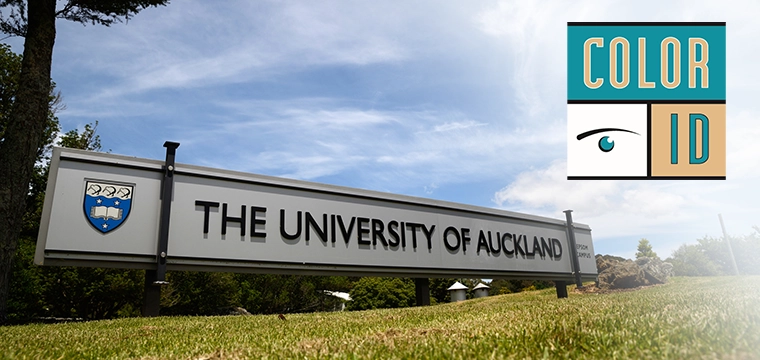
With labor shortages and crowded dining locations, a pizza robot that produces up to 100 pies an hour with a significant reduction in food waste sounds like a winner for higher ed. Enter the Picnic Pizza Station from Food automation technology provider, Picnic Works. The technology is being deployed via a university partnership with food service management company, Chartwells Higher Education.
Following a successful pilot program at Texas A&M and the University of Chicago, Chartwells is revamping the campus dining experience with cutting-edge kitchen equipment from Picnic.
"Our team realized an unexpected benefit during the pilot," says Christopher Burr, VP of Digital Strategy for Chartwells Higher Education. "Due to the speed in which we were able to produce pizzas, we reduced waste at the end of the day by moving to a "just in time" production model."
The Picnic Pizza Station provides kitchens an immediate return on investment through automation, helping restaurants reduce labor by 66%. The station also aids in reducing food waste to around 2%, a significant reduction from the average 10% most kitchens experience today.
"We're (also) exceeding diner expectations, with 80% of A&M students surveyed saying they believe robotic technology helps make tastier, more consistent pizzas," says Clayton Wood, Picnic CEO.
Starting this fall, the Picnic Pizza Station will be implemented across an initial five university campuses to streamline dining operations and promote timely service and consistent food quality for students and guests. The first five universities will include Texas A&M, the University of Chicago, Missouri State University, Carroll University, and Indiana University – Purdue University Indianapolis.
Customers can visit hellopicnic.com to get more information, see demo videos, and reserve a system, as well as input their own numbers into a cost savings estimator.
Founded in 2016, Picnic Works develops and provides specialized technology for the food service and hospitality industries. In addition to university campuses, the company's automated food assembly platform is being used in restaurants, convenience and grocery stores, corporate campuses, hospitality, sports venues, catering, ghost kitchens, mobile food operations, and food trucks.




